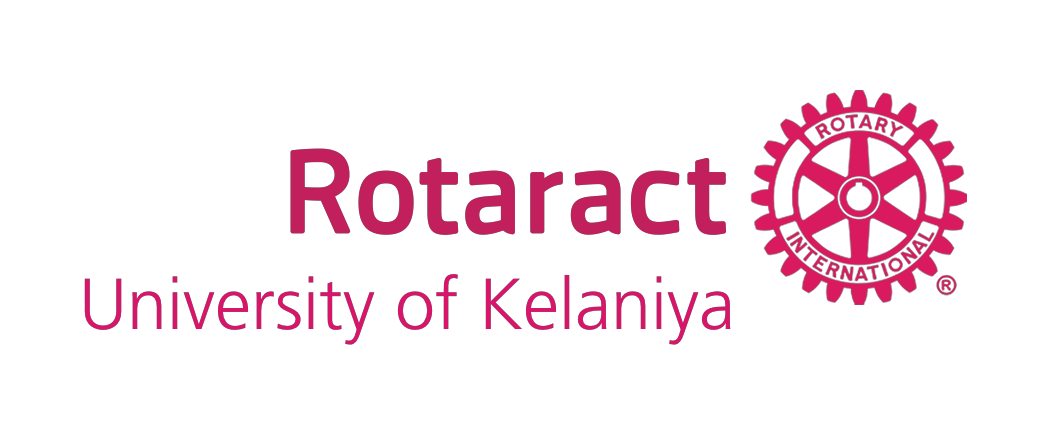Mindfulness is a concept that has gained immense popularity in recent years. It is a practice that has been around for centuries and has roots in Buddhist meditation practices. Mindfulness refers to the act of being present and fully engaged in the present moment, without judgment or distraction. In a world where we are constantly bombarded with information, distractions, and stressors, it can be difficult to stay focused and present at the moment. Mindfulness offers a way to combat these distractions and improve our overall well-being.
The benefits of mindfulness are numerous and well-documented. Studies have shown that practicing mindfulness can reduce stress and anxiety, improve mental clarity and focus, increase feelings of happiness and contentment, and even improve physical health.

One of the key aspects of mindfulness is learning to observe our thoughts and feelings without judgment. Often our minds are constantly filled with thoughts, worries, and concerns, and we can easily become overwhelmed. By learning to observe these thoughts without getting caught up in them, we can develop a sense of mental clarity and calm.
Mindfulness can be practiced in many different ways, but the most common method is through meditation. Meditation is sitting quietly and concentrating on your breath while allowing thoughts and feelings to come and go without judgment or attachment. It can be practiced for just a few minutes a day and the benefits can be felt almost immediately.
Another way to practice mindfulness is through mindful eating. This means paying close attention to the flavors, textures, and sensations of the food we eat, without distractions or multitasking. By being fully present and engaged in the act of eating, we can develop a greater appreciation for our food and a deeper sense of satisfaction.

Mindfulness can also be practiced through yoga, tai chi, or other forms of gentle exercise. By focusing on the movements of the body and the breath, we can cultivate a sense of calm and relaxation, while also improving our physical health.
mean setting aside a few minutes each day for meditation or mindfulness exercises, or simply taking a few moments throughout the day to be present and aware of our surroundings.
While mindfulness can be a powerful tool for improving our overall well-being, it’s important to note that it’s not a panacea solution. It is simply one tool in a larger set of tools for managing stress and anxiety. In addition to practicing mindfulness, it’s important to get enough sleep, eat a healthy diet, exercise regularly, and seek support from loved ones or mental health professionals when needed.

In conclusion, mindfulness is a powerful tool to improve our mental and physical well-being. By learning to be present and fully engage in the present moment, we can reduce stress, improve mental clarity, and cultivate a greater sense of happiness and contentment. Whether through meditation, mindful eating, or other practices, incorporating mindfulness into our daily lives can have a profound impact on our overall health and happiness.



